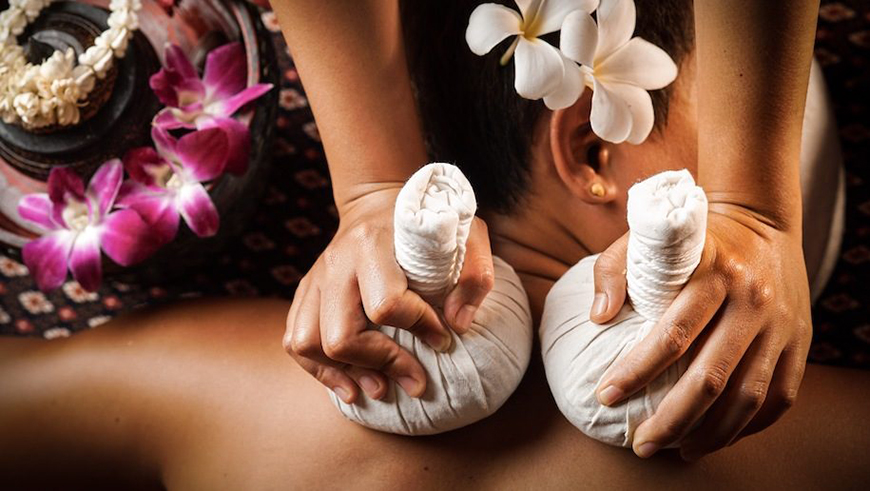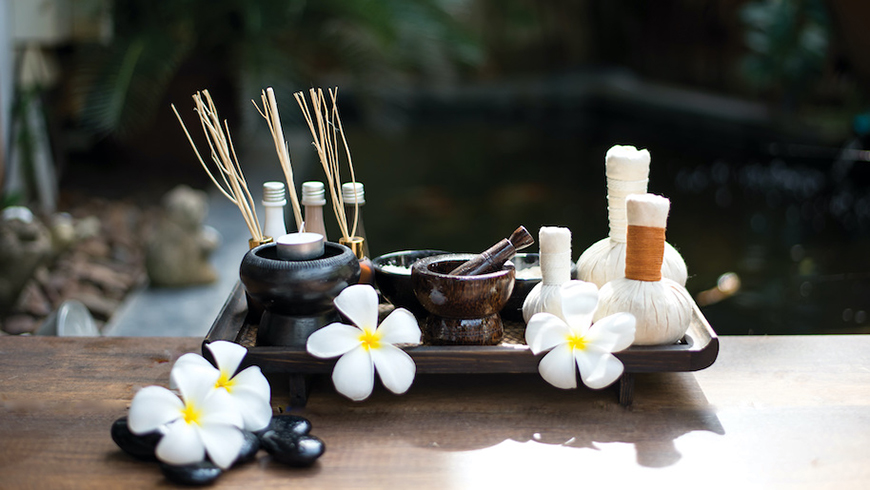Thailand 2025: Excellence and Innovation in Wellness Tourism
A Leading Destination in International Wellness
Thailand is now established as an undeniable global reference in the wellness tourism sector. This privileged position is the result of a unique combination of ancient traditions, modern infrastructure, and excellent services. The country has capitalized on its cultural heritage while developing contemporary offerings that meet the demands of international travelers.

Yoga enthusiasts often gravitate towards Thailand - Illustration : Personal work
Post-Pandemic Renaissance and Sector Transformation
A Spectacular Recovery
After the health crisis that saw tourist arrivals drop by 80% in 2020, Thailand is experiencing a remarkable resurgence. The latest figures from July 2024 demonstrate a robust recovery, with 3.1 million monthly visitors, representing 93.3% of pre-pandemic levels. This recovery is accompanied by a significant shift in traveler expectations, now more focused on holistic wellness experiences.
Key Figures on Wellness Tourism in Thailand
While the definition of "wellness tourism" varies among sources, some including medical tourism, others not, and specific wellness tourism statistics are sometimes integrated into general tourism statistics, making precise isolation challenging, the following key figures can be observed:
Pre-Pandemic (2019)
- Wellness tourism revenue: approximately USD 12 billion
- Total number of tourists: 39.8 million
- Share of wellness tourism: about 25% of total tourism revenue
During the Pandemic (2020)
- 80% drop in overall tourism
- Total number of tourists: approximately 8 million
- The wellness sector was among the least affected in relative terms
Post-Pandemic Recovery
- 2022: approximately 11.5 million total tourists
- 2023: over 25 million total tourists
- 2024 (latest projected data, pending available figures): return to about 90% of 2019 levels
Current Trends
- Annual growth in the wellness sector: 10-20%
- Number of certified wellness centers: approximately 160 out of 570
- Average spending per wellness tourist: 1.5 times higher than that of a standard tourist

Traditional massage, a must-have for wellness tourism - Photo : Internet
Innovative Government Strategy
The Thai government is actively supporting this growth through an ambitious five-year plan (2023-2027), focusing on promoting and integrating traditional medicine, rigorously certifying wellness centers, developing alternative therapies, and continually enhancing quality standards.
Excellence and Diverse Offerings
Premier Infrastructure
Thailand boasts premier wellness infrastructure, including world-renowned establishments like Chiva-Som International Health Resort, a global leader in holistic wellness. The Siam - Opium Spa offers a seamless fusion of contemporary luxury and ancient traditions within a tranquil Bangkok setting, while the Banyan Tree Spa provides panoramic city views and holistic relaxation. Yoga enthusiasts often gravitate towards the Samahita Retreat, recognized as one of Asia's top 10 wellness centers by CNN Travel. This commitment to quality is evident in the fact that over 160 wellness centers have achieved certification.
A Holistic Approach to Wellness
The nation’s wellness offerings are both diverse and comprehensive, encompassing traditional massages and ancient therapies, meditation and yoga programs, contemporary spa treatments, detox retreats, nutrition programs, and alternative and preventive medicine.
Distinctive Competitive Advantages
Several key factors contribute to Thailand’s competitive advantage. Nuad Thai massage, recognized by UNESCO as Intangible Cultural Heritage, showcases the depth of Thai therapeutic traditions. Furthermore, Thailand offers exceptional value for money, providing access to high-end services at more competitive prices than many Western destinations. The country's diverse natural settings, ranging from the pristine beaches of the southern islands and the serene mountains of the north to luxurious beach resorts and sophisticated urban retreats, further enhance its appeal.

Thailand, a leading destination for medical tourism - Photo : Internet
Innovation and Future Perspectives
Sustainable Development
Sustainability is a core focus, with the sector embracing ecological practices such as using local organic products, implementing environmentally friendly operations, and engaging in social responsibility programs.
Integrated Medical Tourism
Thailand is also strengthening its position in integrated medical tourism, combining advanced medical care with traditional therapies, rehabilitation programs, and post-operative care.
Conclusion and Perspectives
Thailand is redefining the standards of global wellness tourism by combining operational excellence, cultural authenticity, and continuous innovation. This comprehensive approach, supported by a coherent national strategy, positions the country as an undisputed leader in the sector, particularly attractive for MICE and Business Tourism segments.
The projected annual growth of 10-20% reflects the considerable potential of this market, while ongoing commitment to improving services and infrastructure ensures the sustainability of this dominant position.